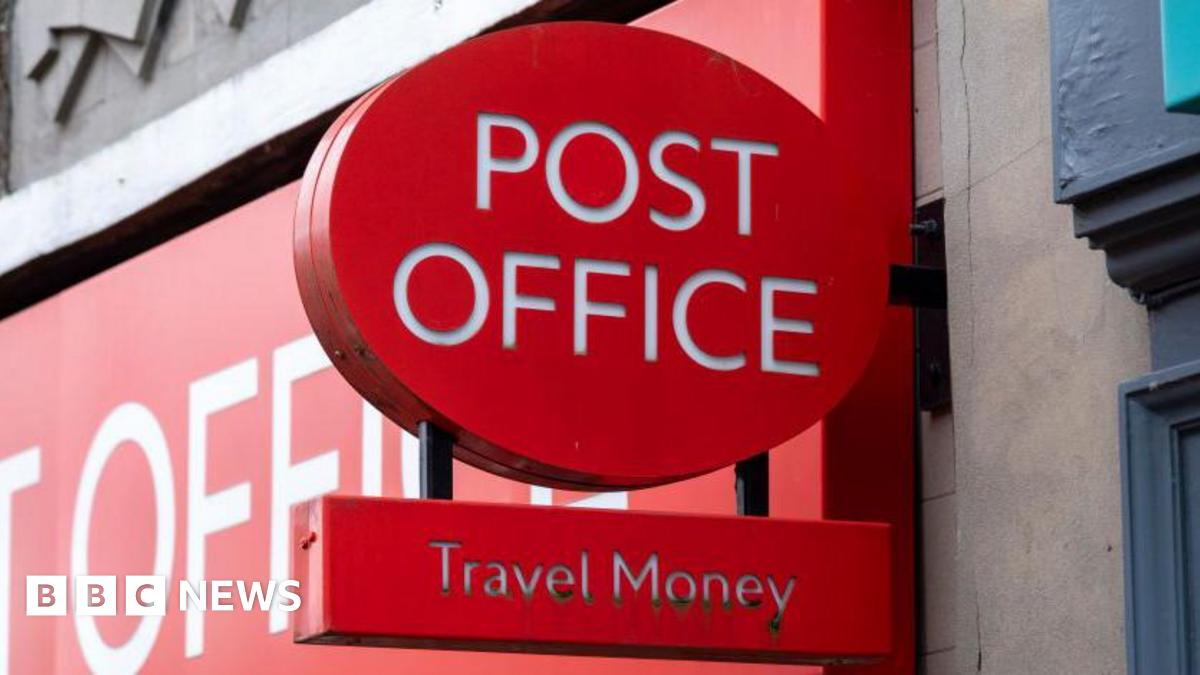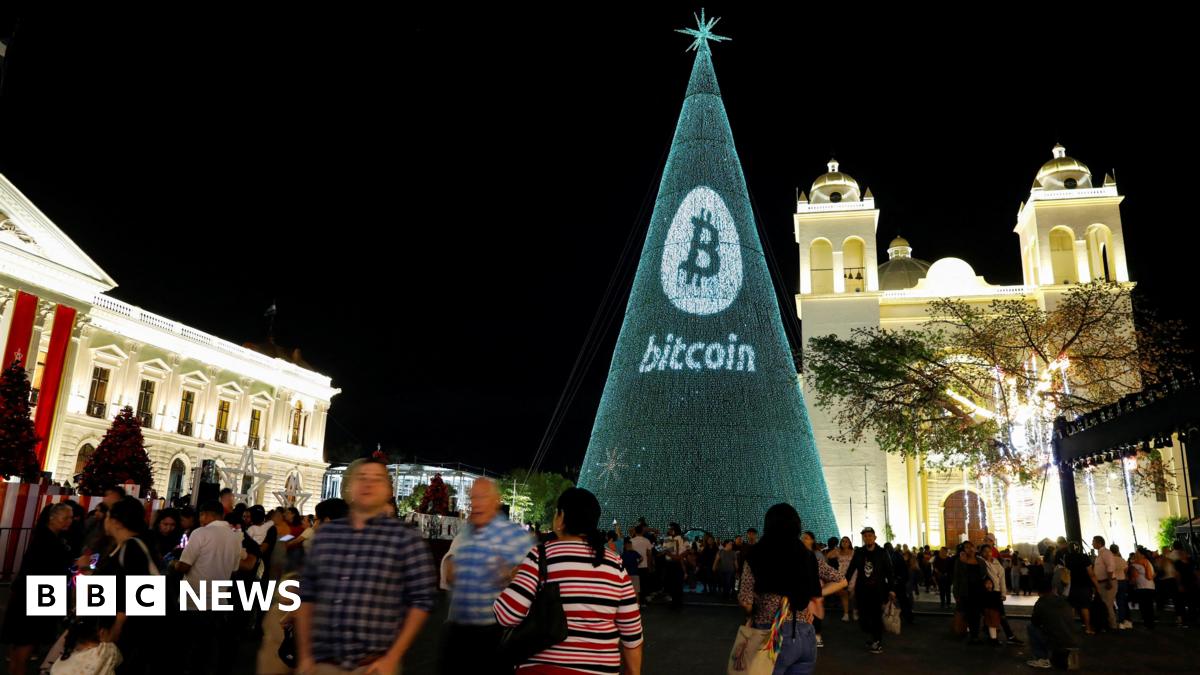Stay informed with free updates
Simply sign up to the Politics myFT Digest — delivered directly to your inbox.
When, in the closing weeks of 1783, Pitt the Younger became Great Britain’s youngest ever prime minister at the tender age of 24 — a record he retains in today’s UK — his government had a poor prognosis. It was dubbed “the mince pie administration” on the assumption it would not last much beyond the Christmas period, while satirists mocked the “infant Atlas”. Was the nation safe with “a kingdom trusted to a schoolboy’s care”?
But Gabriel Attal, the fresh-faced 34-year-old appointed last week as French PM, should be encouraged by Pitt’s example: before his untimely death, the Georgian premier went on to a successful near 20-year, two-term career in the top job and still makes the lists of great political leaders.
Attal has not yet reached the dizzy heights of command: as number two to the French president, his mentor, he has been described as “baby Macron”. Speculation is rife on whether the choice of a loyalist, subordinate in age (Élisabeth Borne, 62, female, and therefore never a Macron mini-me, resigned after less than two years), will end like Caesar’s sponsorship of Brutus: is it a chance for the protégé to overtake or even betray the older man?
The promotion of Attal looks like a sign that Emmanuel Macron is banking on the French electorate having stereotypical assumptions about age and energy levels. The president, himself only 46, was the youngest ever to be elected in France in 2017, at 39. But these days his administration badly needs an injection of oomph.
However, do such Operation Young Bloods ever really deliver? “In presentational terms youth can be an advantage,” according to Steven Fielding, emeritus professor of political history at Nottingham university. For an incoming administration or a hopeful challenger “it highlights the vigour you’re going to bring to change”.
But, Fielding adds, it won’t work “at the end of a long spell of your party in power”. It’s a salutary warning not just to the French government but two of the UK’s incumbent parties, Conservative and Scottish Nationalist.
Both Tony Blair and John F Kennedy won power at the age of 43: Blair talked up a “young country”; JFK was the symbol of an optimistic future after two terms of Eisenhower, by then 70. David Cameron was also 43 when he became UK prime minister — no Pitt, but his smooth visage proved a useful, upbeat contrast during the 2010 election with Gordon Brown’s careworn features, with 13 years of Labour in power etched on them.
In recent months, Tory strategists casting around for attack lines to use against the opposition leader Sir Keir Starmer have had a go at his age — the Labour challenger is 61 to Sunak’s 43, the magic moment for Blair, Cameron and JFK. But it smacked of desperation; the attempt to portray Sunak as the change candidate has since been dropped.
As for the SNP, 38-year-old Humza Yousaf’s hopes of offering a fresh start after taking over from Nicola Sturgeon as Scotland’s first minister in March last year seem dashed: the party, which has been the largest in the Scottish parliament since 2007, is embroiled in scandals and down in the polls.
Steve Richards, author of several books on Britain’s political leaders, disputes the idea of 43 as a modern ideal: it’s good for establishing an aura of energy, he admits, but never having been part of a previous government proved a problem for both Blair and Cameron — “better for them to have been 10 years older with experience of government”.
The ill health that plagued Labour’s postwar administrations showed the danger of being too old, Richards adds, while Margaret Thatcher was lucky to be elected at 53: “A good age: previous ministerial experience, but fit and energetic . . . too energetic!”
The glaring exception among western democracies to this preoccupation with youthful vitality, is, of course, today’s US. America’s constitution demonstrates an opposite concern, blocking anyone under 35 from becoming president. This year’s White House contest is likely to be the battle of the gerontocrats, pitting incumbent Joe Biden, now 81, against Donald Trump, 77. Both broke the upper age record when inaugurated the first time around. Observers are struggling to use even the deadly, backhanded compliment “sprightly” about either of them with any conviction.
It is “a sight to make surrounding nations stare” as the satire on Pitt’s premiership put it, but for the opposite reason. Perhaps the US should encourage Biden and Trump to look for some Macron-style mini-me protégés. Or perhaps in the latter case, we should pray they do not.
miranda.green@ft.com
Credit: Source link











